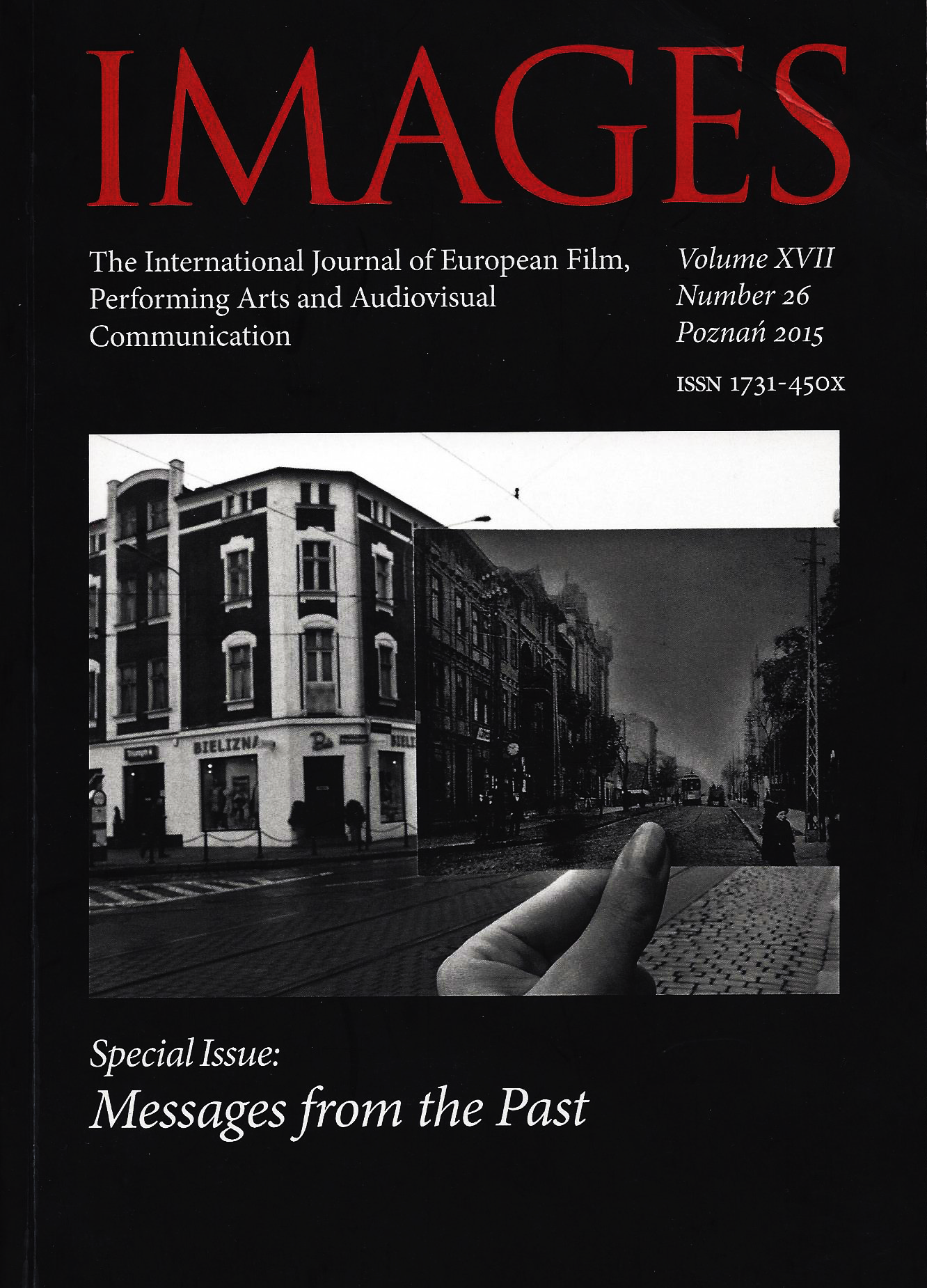The Relationship Between Form and Content in Early Grzegorz Królikiewicz Documentaries
The Relationship Between Form and Content in Early Grzegorz Królikiewicz Documentaries
Author(s): Denis VirenSubject(s): Experimental Pschology, Sociology of Culture, Post-War period (1950 - 1989), Film / Cinema / Cinematography
Published by: Uniwersytet Adama Mickiewicza
Keywords: Polish cinema; documentary film; avant-garde; Grzegorz Królikiewicz; offscreen cinema space; psychodrama; war films;
Summary/Abstract: At first glance, the documentary films that the outstanding Polish filmmaker Grzegorz Królikiewicz was making at the turn of the 1970s, may seem less experimental than his feature films (one only needs to recall such innovative films as Through and Through or The Dancing Hawk). Viewed against the context of certain radical formal decisions, they may even strike one as traditional. Nevertheless, if one were to look closely at Królikiewicz’s early documentaries, one can see that they are more complicated than they seem and that what we have there is “unobvious” experimental cinema. An internal conflict is created by the relationship between form and content, the tension between them, and sometimes even discussion. This concerns his poetic short films (Don’t Cry, Brothers and Men), based in part on Królikiew- icz’s conception of “off-screen cinema space”, as well as his psychodramas (Fidelity, The Murderer’s Letter). The true message of these films has been carefully concealed, and has to be looked for in the way the director presents everyday reality to us.
Journal: Images. The International Journal of European Film, Performing Arts and Audiovisual Communication
- Issue Year: 15/2014
- Issue No: 24
- Page Range: 277-280
- Page Count: 4
- Language: English

